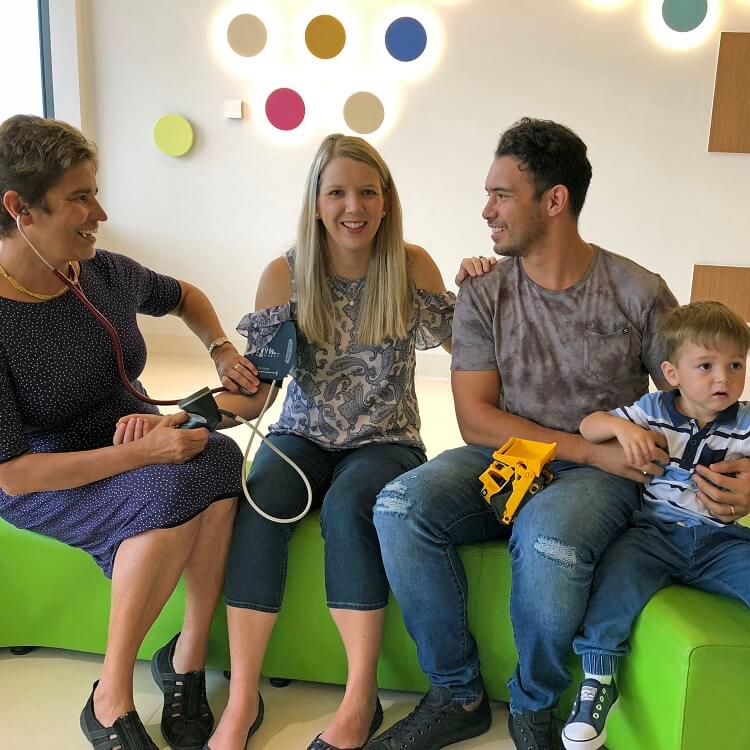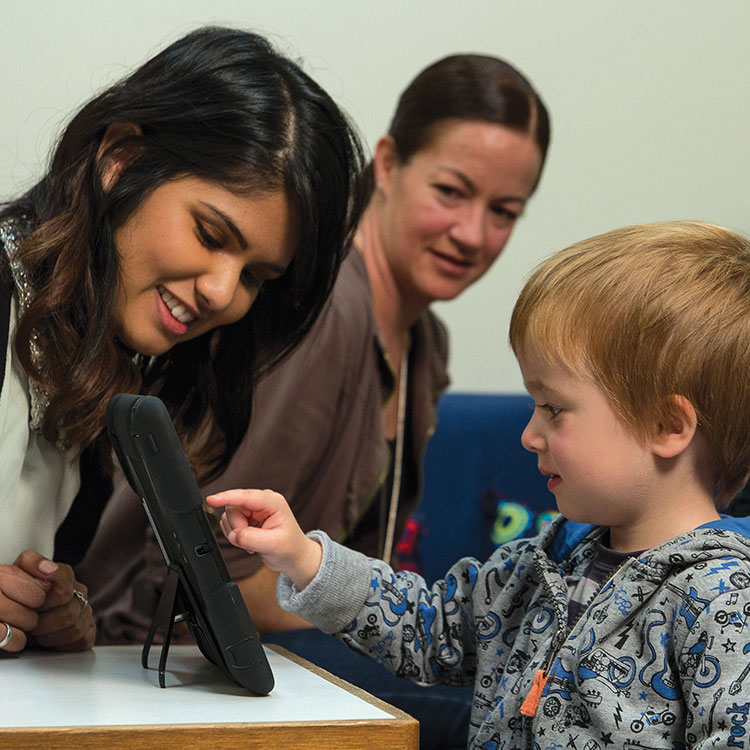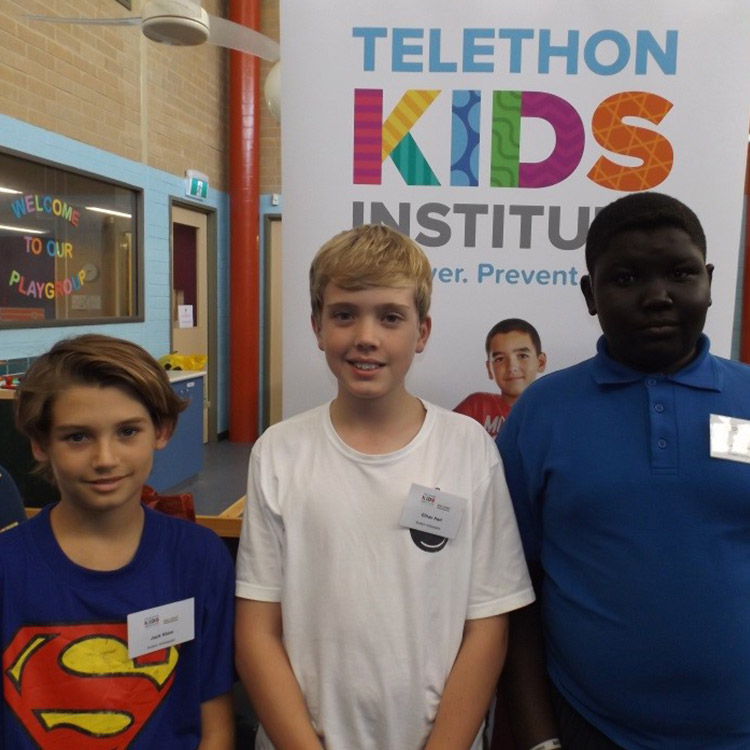Search
Research
What factors contribute to positive early childhood health and development in Australian Aboriginal children? Protocol for a population-based cohort studyEmpirical evidence identifying the key drivers of positive early childhood development in Aboriginal children, and supportive features of local communities...
Research
Parents' nonstandard work schedules and child well-being: A critical review of the literatureThis paper provides a comprehensive review of empirical evidence linking parental nonstandard work schedules to four main child developmental outcomes:...
Research
Quality of Childcare Influences Children's Attentiveness and Emotional Regulation at School EntryAmong children using formal childcare, those who experienced higher-quality relationships were better able to regulate their attention and emotions as they...
Research
Young Children in Indonesia's Low-income Rural Communities: How are they doing and what do they need?This chapter describes the development of young children in a sample of poor rural communities across Indonesia.
Research
Jurisdictional, socioeconomic and gender inequalities in child health and development:Early child development may have important consequences for inequalities in health and well-being. This paper explores population level patterns of child...

News & Events
ORIGINS reaches key milestoneORIGINS, a collaboration between The Kids and the Joondalup Health Campus, has achieved a major milestone – recruiting its 1000th family.

News & Events
New CoLab funding supports innovative therapeutic playgroup trialIt’s hoped a new therapeutic playgroup being trialled in Perth will help parents and caregivers cut through the stress and become more confident.

News & Events
Register for the 2017 Annual Community Lecture: David Bloom on Child Health and the Wealth of Nations (Nov 1)Register now to attend this compelling talk at the Heath Ledger Theatre in Perth on the evening of Wednesday, November 1 2017.

News & Events
Children with autism may benefit from app-based therapiesA The Kids Research Institute Australia study has shown that in addition to intervention with trained therapists, children with autism may benefit from app-based therapies.

News & Events
Project helps Ethan belongEthan recently took part in Belong, a study led by The Kids which aims to ensure deaf and hard of hearing kids have a happy & positive school experience
